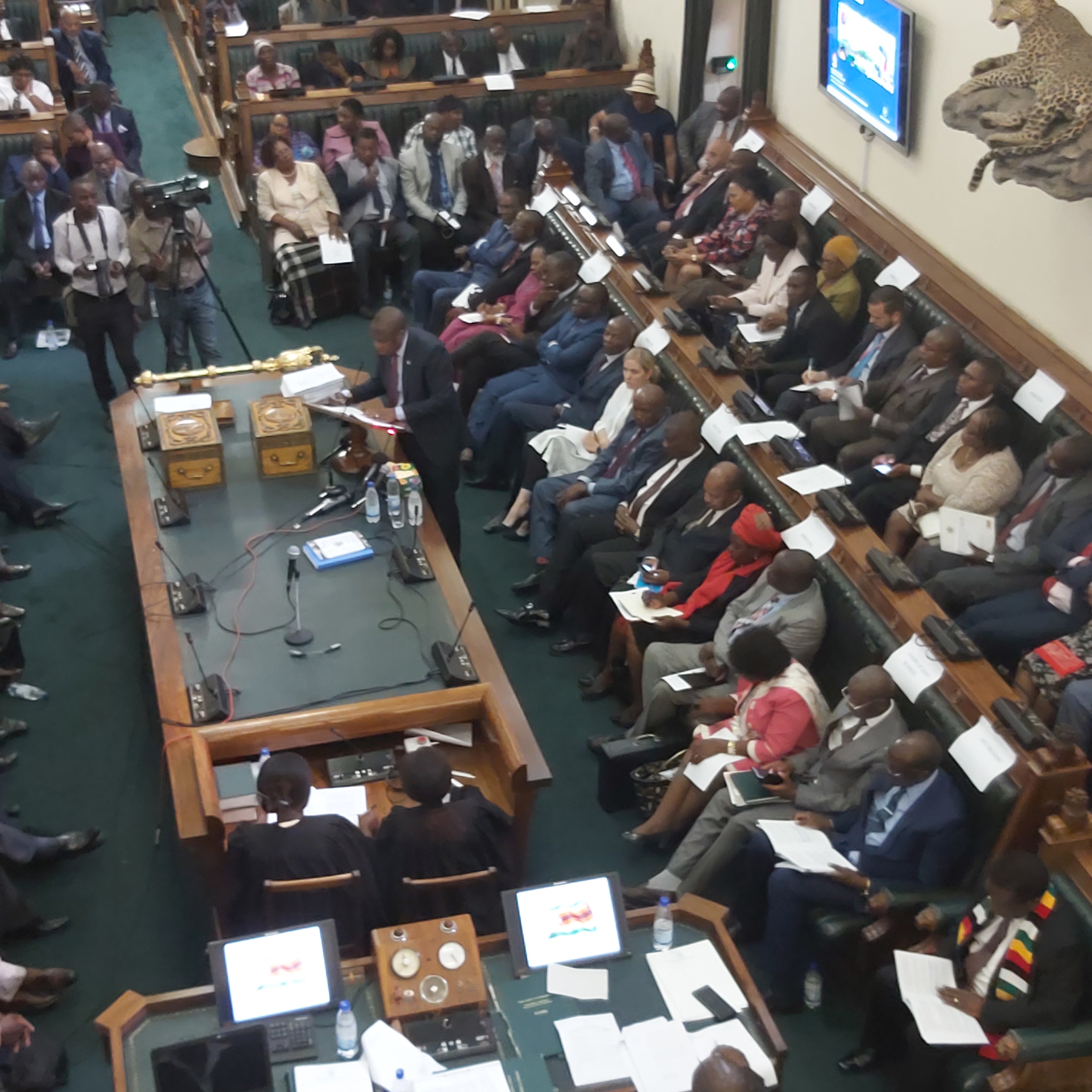Govt sets aside $500 mln for youths
Share

Harare(New Ziana) – Government has set aside ZWL$500 million in the 2020 National Budget to finance youth start-up business projects, Finance and Economic Development Minister Prof Mthuli Ncube said on Thursday.
Presenting his 2020 National Budget statement in Parliament, Prof Ncube said a special purpose vehicle, the National Venture Capital Fund, will be set up to provide financing for youth business projects.
He said this was in realisation of the enormous economic potential young people possessed, their lack of access to capital and the need to create employment for them.
“In order to increase economic opportunities and participation by Zimbabwean youth in national development, the National Venture Capital Fund will be capitalised in both local and foreign currency, to incorporate the financing of start-up projects of our youth with preference being given to targeted areas in the context of the local content strategy.
“Treasury, through the 2020 budget is committing ZWL$500 million for this fund,” he said.
Prof Ncube said the fund will provide affordable loans to young entrepreneurs, that way encouraging them to be job creators and not job seekers.
“This marks the launch of the Presidential Youth Entrepreneurship Programme to drive entrepreneurship among the youth,” he said.
Prof Ncube said another job-related fiscal incentive to drive youth employment, a new tax concession for employers, will be introduced in the coming year to spur youth employment.
“Any additional job created will attract a percentage tax rebate to the employer, linked to the employee’s salary. This measure will reduce the employer’s cost of hiring young people through a cost sharing mechanism with Government,” he said.
To operationalise YETI, the Ministry of Finance and Economic Development will work closely with ZIMRA, Ministry of Justice, Ministry of Labour, EMCOZ (Employers’ Confederation of Zimbabwe) and other relevant organisations to work out the respective legal and administrative framework.
Youths are making an important contribution to the country’s economy as productive workers, entrepreneurs, consumers, citizens and agents of change.
“Taking advantage of this demographic dividend can also speed up the pace for inclusive economic development,” Prof Ncube said.
New Ziana









